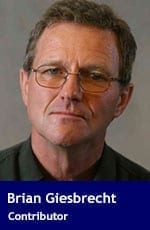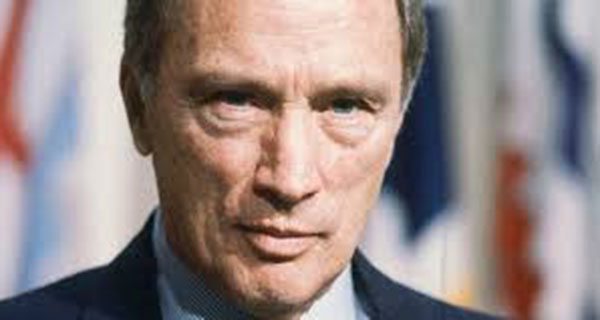 Reconciliation between Canada’s Indigenous people and mainstream society is a goal all thoughtful Canadians seek. It’s obvious that too many Indigenous people lag far behind other Canadians by most economic and health indicators, and we must find ways to close that gap.
Reconciliation between Canada’s Indigenous people and mainstream society is a goal all thoughtful Canadians seek. It’s obvious that too many Indigenous people lag far behind other Canadians by most economic and health indicators, and we must find ways to close that gap.
It’s worthwhile considering what Prime Minister Trudeau has said:
“The weight of history affects us all, but it presses most heavily on the Indian people. Because of history, Indians today are the subject of legal discrimination, they have grievances because of past undertakings that have been broken or misunderstood; they do not have full control of their lands; and a higher proportion of Indians than other Canadians suffer poverty in all its debilitating forms. Because of history too, Indians look to a special department of the federal government for many of the services that other Canadians get from provincial or local governments. … This burden of separation has its origin deep in Canada’s past and in early French and British colonial policy. The elements which grew to weigh so heavily were deeply entrenched at the time of Confederation.”
Next, he assures us that he seeks a true partnership:
“The government does not wish to perpetuate policies which carry with them the seeds of disharmony and disunity, policies which prevent Canadians from fulfilling themselves and contributing to their society. It seeks a partnership to achieve a better goal. The partners in this search are the Indian people, the governments and the provinces, the Canadian community as a whole and the government of Canada. As all partnerships do, this will require consultation, negotiation, give and take, and co-operation if it is to succeed. … Many years will be needed. Some efforts may fail, but learning comes from failure and from what is learned success may follow. All the partners have to learn, all will have to change many attitudes.”
And then he emphasizes that mainstream Canadians must change their attitudes:
“Canadian society as a whole will have to recognize the need for changed attitudes and a truly open society. Canadians should recognize the dangers of failing to strike down the barriers which frustrate Indian people. If Indian people are to become full members of Canadian society, they must be warmly welcomed by that society.”
He stresses that it is true equality that is the goal:
“The government believes in equality. It believes that all men and women have equal rights. It is determined that all shall be treated fairly and that no one shall be shut out of Canadian life, and especially that no one shall be shut out because of his race. … The Indian people are entitled to such a policy. They are entitled to an equality which preserves and enriches Indian identity and distinction; an equality which stresses Indian participation in its creation and which manifests itself in all aspects of Indian life.”
And finally, he makes it very clear that his vision of equality does not mean forced assimilation:
“For many years, Canadians believed that Indian people had but two choices. They could live in a reserve community or they could be assimilated and lose their Indian identity. Today, Canada has more to offer. There is a third choice – a full role in Canadian economy while retaining, strengthening and developing an Indian identity which preserves the good things of the past and helps Indian people to prosper and thrive.”
And that’s what Prime Minister Pierre Trudeau said in 1969 in his now-infamous white paper. He called it partnership, while today we call it reconciliation. He spent a great deal of time on the notion of partnership and had a strong belief that it was the right policy for the country, particularly for Indigenous Canadians.
You probably thought I was talking about our present prime minister, Trudeau, the younger? No, Prime Minister Justin Trudeau simply carries on the Indigenous policy followed by every prime minister since the white paper was shouted down by Indigenous elites afraid of losing their privileged positions. That policy is to have no policy – simply give ever-greater dollops of money (money that’s extracted from Indigenous and non-Indigenous citizens as taxes) to the loudest voices.
If we had listened to Pierre Elliott Trudeau in 1969, the Indian Act would be long gone. Indigenous people would have the right to own property in their communities, and transition programs would have helped those who had to relocate to find employment. Economic integration would be well under way. Many more Indigenous people would have entered the middle class even while retaining their Indigenous identities.
In fact, we would not be talking about reconciliation – we would be at least part way there.
It is not too late to listen to Trudeau. Trudeau the elder, that is.
Brian Giesbrecht is a retired judge and a senior fellow with Frontier Centre for Public Policy.
The views, opinions and positions expressed by columnists and contributors are the author’s alone. They do not inherently or expressly reflect the views, opinions and/or positions of our publication.


